So you have some great ideas and are ready to start your own business venture. The idea of being your own boss sounds promising. The opportunity to let your ideas translate into profitable business is appealing. So in a stage where you are attempting to get cash together for your start-up, how would an MBA come into the picture? The answer: An MBA can help you acquire the skills that you need to supplement your ideas and passion.
Here’s what you’ll get.
- Good Deadline Habits
Crazy deadlines are in. If you thought that your undergraduate professors were being too demanding or unreasonable, welcome to the real world. An intensive MBA programme like the one at Nanyang Business School will keep you motivated to achieve targets one after the other. Because that’s how things work in the real world! Long hours and seemingly impossible time frames will be of no worry to you once you complete the programme.
- Networking Skills
You can’t like everybody and everyone can’t like you. Still, people do business with those who they know and trust. An MBA will push you into regular interaction with business experts, alumni, classmates, locals and other people around. With time, you will pick up the ability to create lasting relationships with them. Building powerful networks lays the foundation to success as an entrepreneur. Who knows? Maybe you will find future investors for your start-up.
- A Platform or a Test Bed
Launching your own business involves risk. A lot of money and time goes into beginning each venture and there’s no better place to test the waters than your B-school. MBA candidates get the advantage of having a trusted space to share their ideas without really starting anything officially. So entrepreneurs can gain from feedback. It will be good to know if your business idea is leaning toward failure and the reasons behind it – before spending a fortune on it.
- Analytical Proficiency
Just because you have a decent idea does not mean that you know how things work behind the scenes of a start-up. Reading and understanding financial statements and being proficient with spreadsheets is a must for any entrepreneur. If you don’t know it and think that hiring somebody would be good enough, think again. You need to know what is happening in your business instead of hearing a short summary about the reports. Thankfully, MBA students spend lots of time analysing balance sheets, profit and lost statements, and cash flow statements when they work on case studies.
- Teambuilding Drive
Most entrepreneurs are confident individuals who love building on their own ideas and seeing the results. Sometimes they forget that a team works together to get things together. When you choose to attend an MBA programme, you’ll find yourself collaborating with fellow candidates who you may not like to be friends with. In other words, you learn to work in groups consisting of all kinds of people. Everyone will have their own objectives and skills, and you will need to learn how to work with their ideas without losing sight of your own.
When entrepreneurs or aspiring entrepreneurs invest in an MBA degree, they are bound to learn in one or two years, what they would have learned on the job in five years or more. Of course it isn’t cheap, but it gives you the power to avoid mistakes that could end up costing you more.

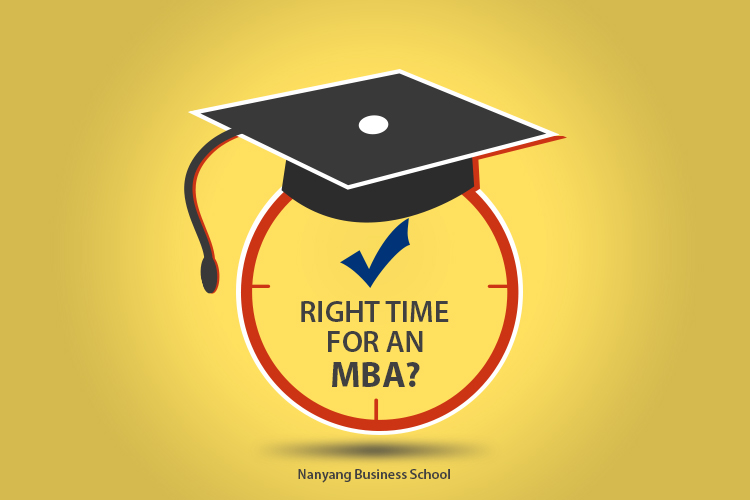
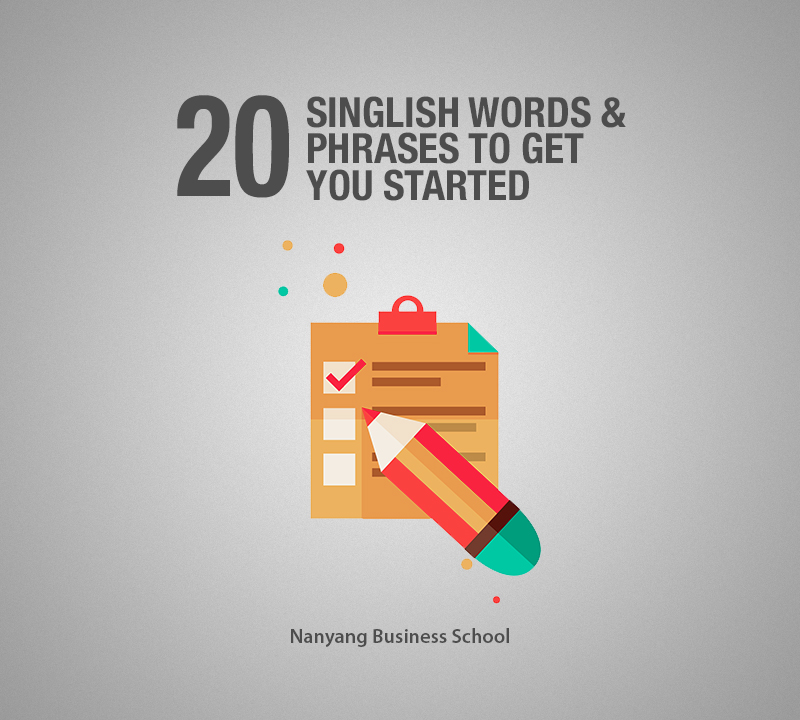
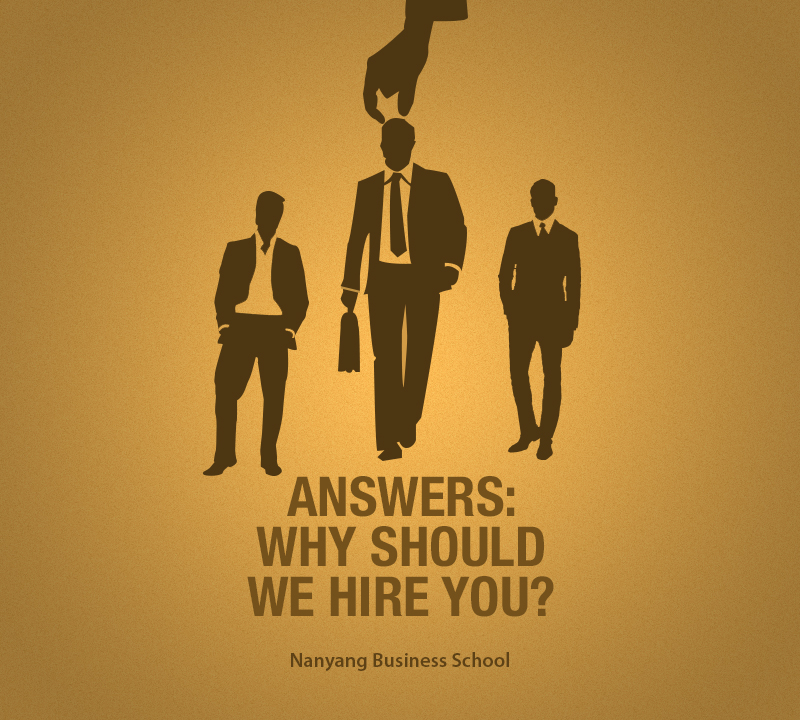






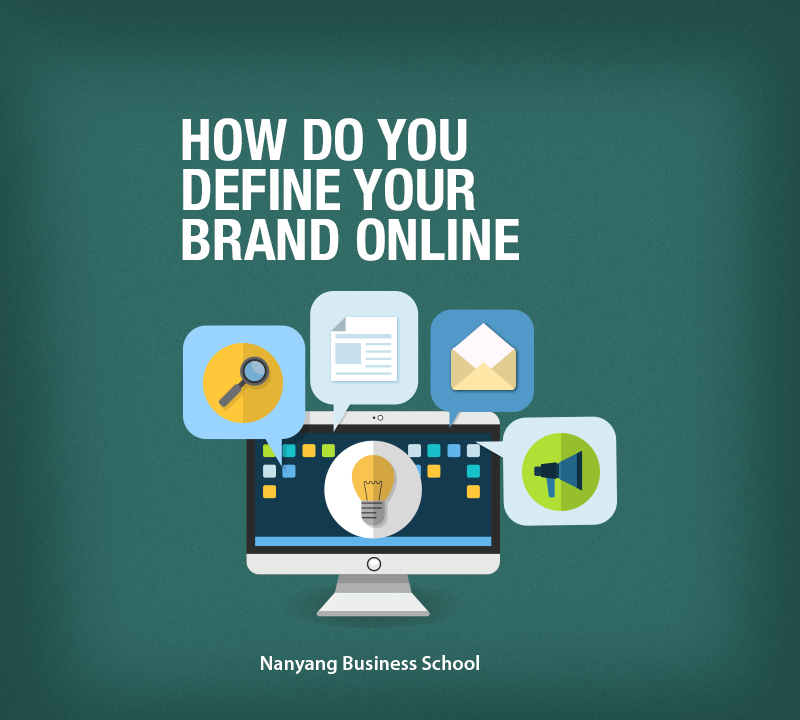

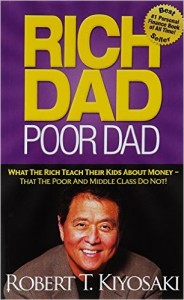 One of the bestselling books on finance, Rich Dad, Poor Dad, by Robert Kiyosaki is a must-read for anyone who dreams of building wealth and achieving financial freedom. The book recommends various means to secure financial independence: investing in real estate, starting up and owning businesses, etc. The book is based on Kiyosaki’s childhood upbringing and how the differences in the attitudes of two men (his “rich dad” and his “poor dad”) towards money, work and life, influenced his decisions in life.
One of the bestselling books on finance, Rich Dad, Poor Dad, by Robert Kiyosaki is a must-read for anyone who dreams of building wealth and achieving financial freedom. The book recommends various means to secure financial independence: investing in real estate, starting up and owning businesses, etc. The book is based on Kiyosaki’s childhood upbringing and how the differences in the attitudes of two men (his “rich dad” and his “poor dad”) towards money, work and life, influenced his decisions in life.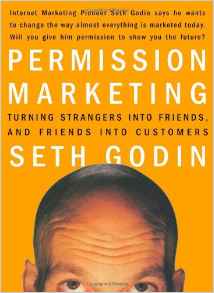 Traditional methods of marketing such as TV advertisements and online pop-up ads often involve attracting the customer’s attention away from whatever they are doing – watching television or viewing a website. Marketing guru Seth Godin reveals that the traditional ‘
Traditional methods of marketing such as TV advertisements and online pop-up ads often involve attracting the customer’s attention away from whatever they are doing – watching television or viewing a website. Marketing guru Seth Godin reveals that the traditional ‘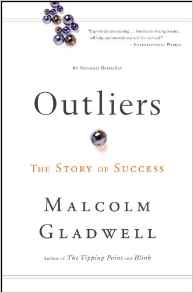 Not a typical business book, but Malcolm Gladwell’s Outliers is a must-read for anyone who wants to understand the dynamics of professional and business success. Pondering over – ‘what makes high-achievers different’, Gladwell sheds light on the fact that we pay too much attention to what successful people are like, and too little attention to where they are from – their culture, family, generation, and other factors that may have contributed to their success.
Not a typical business book, but Malcolm Gladwell’s Outliers is a must-read for anyone who wants to understand the dynamics of professional and business success. Pondering over – ‘what makes high-achievers different’, Gladwell sheds light on the fact that we pay too much attention to what successful people are like, and too little attention to where they are from – their culture, family, generation, and other factors that may have contributed to their success.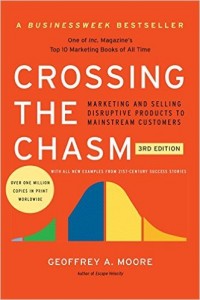 Crossing the Chasm: Marketing and Selling Disruptive Products to Mainstream Customersis a bible for marketing in high-tech industries. According to Moore, there is a gap that exists between the early adopters of high-tech products (the technology enthusiasts and visionaries) and the early majority (the pragmatists). The visionaries and pragmatists have different expectations, he adds, and this book aims to explore that set of differences and suggest techniques to successfully cross the chasm.
Crossing the Chasm: Marketing and Selling Disruptive Products to Mainstream Customersis a bible for marketing in high-tech industries. According to Moore, there is a gap that exists between the early adopters of high-tech products (the technology enthusiasts and visionaries) and the early majority (the pragmatists). The visionaries and pragmatists have different expectations, he adds, and this book aims to explore that set of differences and suggest techniques to successfully cross the chasm.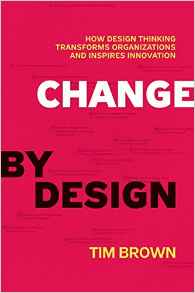 Design thinking is not just applicable to so-called creative industries or people who work in the design field. It′s a methodology that can be used by organisations to improve the quality of their service and rethink their business strategy, according to Tim Brown, the CEO of IDEO. In this book, Brown introduces a human−centric approach to problem solving that helps people and organisations get more innovative and creative.
Design thinking is not just applicable to so-called creative industries or people who work in the design field. It′s a methodology that can be used by organisations to improve the quality of their service and rethink their business strategy, according to Tim Brown, the CEO of IDEO. In this book, Brown introduces a human−centric approach to problem solving that helps people and organisations get more innovative and creative. The Art of the Start by Guy Kawasaki is an essential guide for anyone starting anything, be it a home-based business, a multinational corporation or a community group. The book provides insights into the various aspects of starting up such as raising money from investors, hiring the right people in the team, defining the brand and building a community around it.
The Art of the Start by Guy Kawasaki is an essential guide for anyone starting anything, be it a home-based business, a multinational corporation or a community group. The book provides insights into the various aspects of starting up such as raising money from investors, hiring the right people in the team, defining the brand and building a community around it.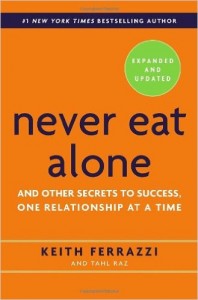 In this bestselling book on business networking, master networker Keith Ferrazzi provides insights into the role of relationships in the success of a business. Ferrazzi shares the specific steps and the inner mindset he uses to connect with the thousands of colleagues, friends, and associates on his contacts list, people he has helped and those who have helped him. In the new age of digital media and online connections, Ferrazzi’s advice is even more essential for those wanting to get ahead in business.
In this bestselling book on business networking, master networker Keith Ferrazzi provides insights into the role of relationships in the success of a business. Ferrazzi shares the specific steps and the inner mindset he uses to connect with the thousands of colleagues, friends, and associates on his contacts list, people he has helped and those who have helped him. In the new age of digital media and online connections, Ferrazzi’s advice is even more essential for those wanting to get ahead in business.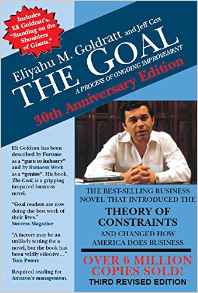 A gripping business novel by business consultant Eliyahu M. Goldratt, The Goal: A Process of Ongoing Improvement is about the Theory of Constraints, and overcoming the barriers to making money. The book features key insights on identifying and solving the problems created by constraints.
A gripping business novel by business consultant Eliyahu M. Goldratt, The Goal: A Process of Ongoing Improvement is about the Theory of Constraints, and overcoming the barriers to making money. The book features key insights on identifying and solving the problems created by constraints.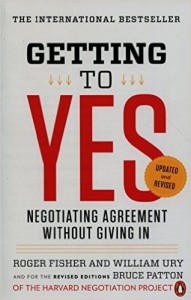 One of the best books on negotiation, Getting to Yes is based on the work of the Harvard Negotiation Project, a group that deals with all levels of negotiation and conflict resolution. The book offers proven, step-by-step techniques to arrive at mutually acceptable agreements in every kind of conflict.
One of the best books on negotiation, Getting to Yes is based on the work of the Harvard Negotiation Project, a group that deals with all levels of negotiation and conflict resolution. The book offers proven, step-by-step techniques to arrive at mutually acceptable agreements in every kind of conflict.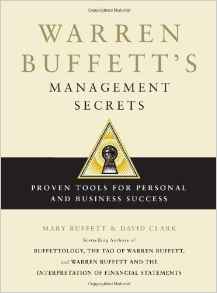 Written by Mary Buffet, after having gained insights into Warren Buffett’s philosophies for management, while being married to his son Peter for twelve years, Warren Buffet’s Management Secrets looks closely into Warren Buffett’s life and career, shedding light on his decision-making processes, leadership qualities and strategies that made him the most successful investor of the 20th century.
Written by Mary Buffet, after having gained insights into Warren Buffett’s philosophies for management, while being married to his son Peter for twelve years, Warren Buffet’s Management Secrets looks closely into Warren Buffett’s life and career, shedding light on his decision-making processes, leadership qualities and strategies that made him the most successful investor of the 20th century.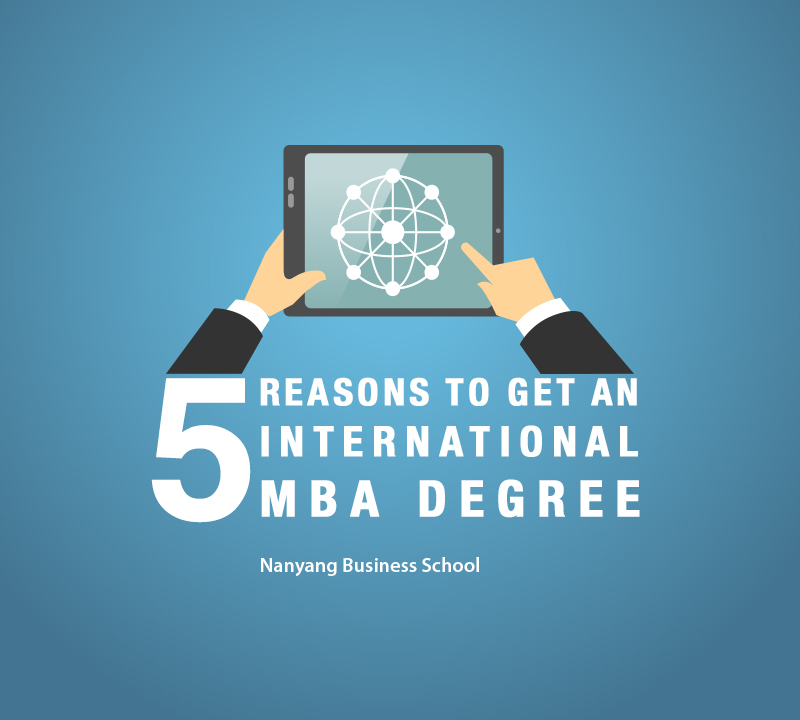
You must be logged in to post a comment.